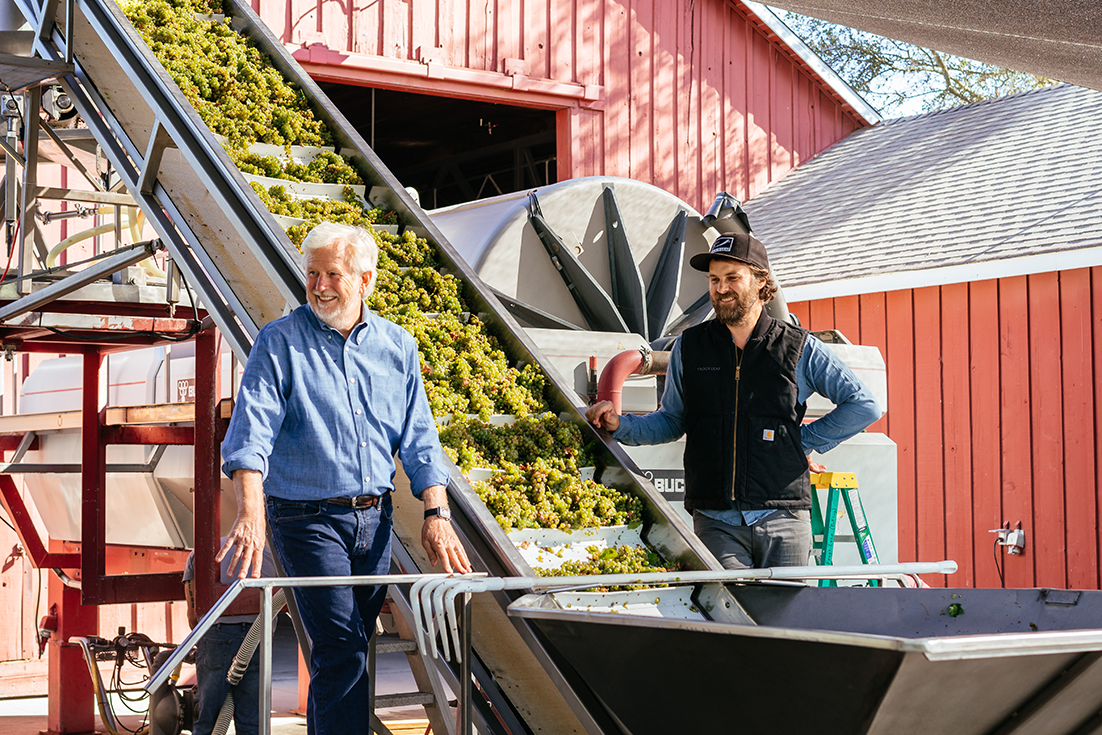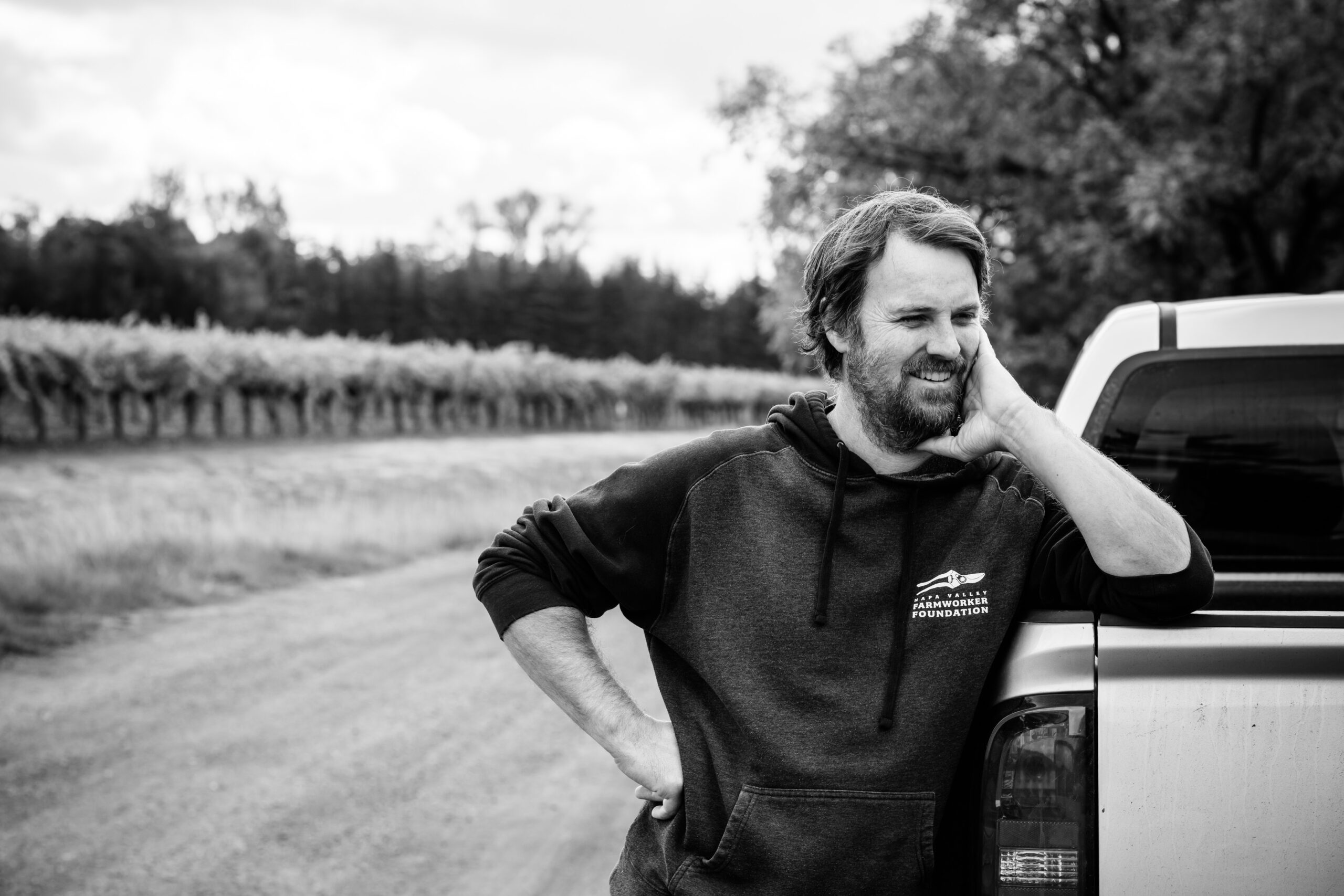
Some Background Knowledge
Rory Williams’ journey into the world of wine traces the threads of family heritage, academic pursuit, and a relentless passion for the craft. Rory’s formative years unfolded against the backdrop of his parents’ pioneering endeavors in the wine industry. Raised amidst the vineyards, he developed a deep appreciation for the land and the artistry of winemaking.
Enrollment in the Great Books program at St. John’s College further encouraged Rory’s curiosity about wine, leading him to harvests in Barolo, Italy, and Mendoza, Argentina. These formative experiences exposed him to diverse winemaking techniques and cultures, enriching his understanding of wine’s profound connection with terroir. Further internships in Burgundy and Provence broadened Rory’s knowledge, complementing his graduate work in flavor chemistry and olfaction at Cornell University.
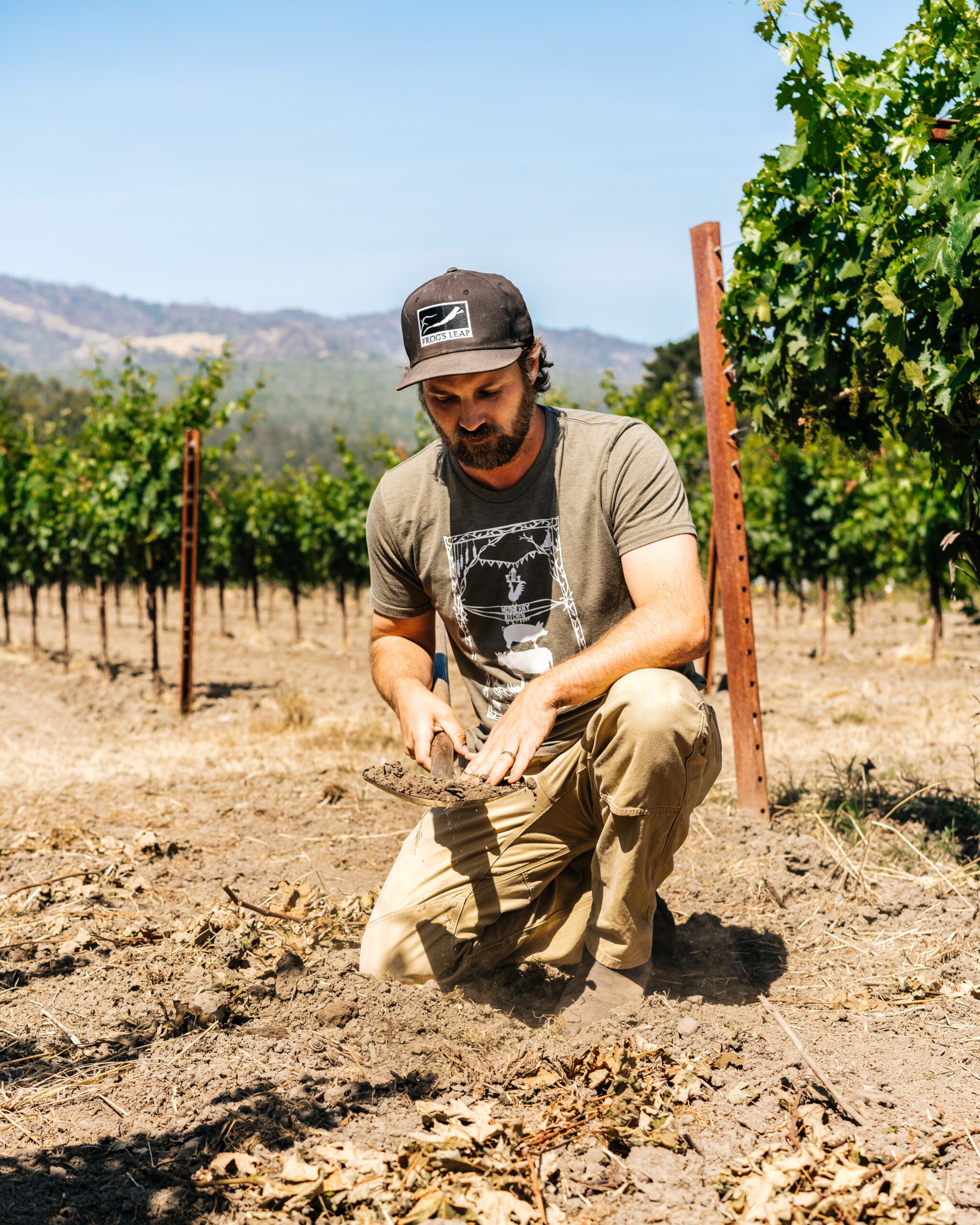
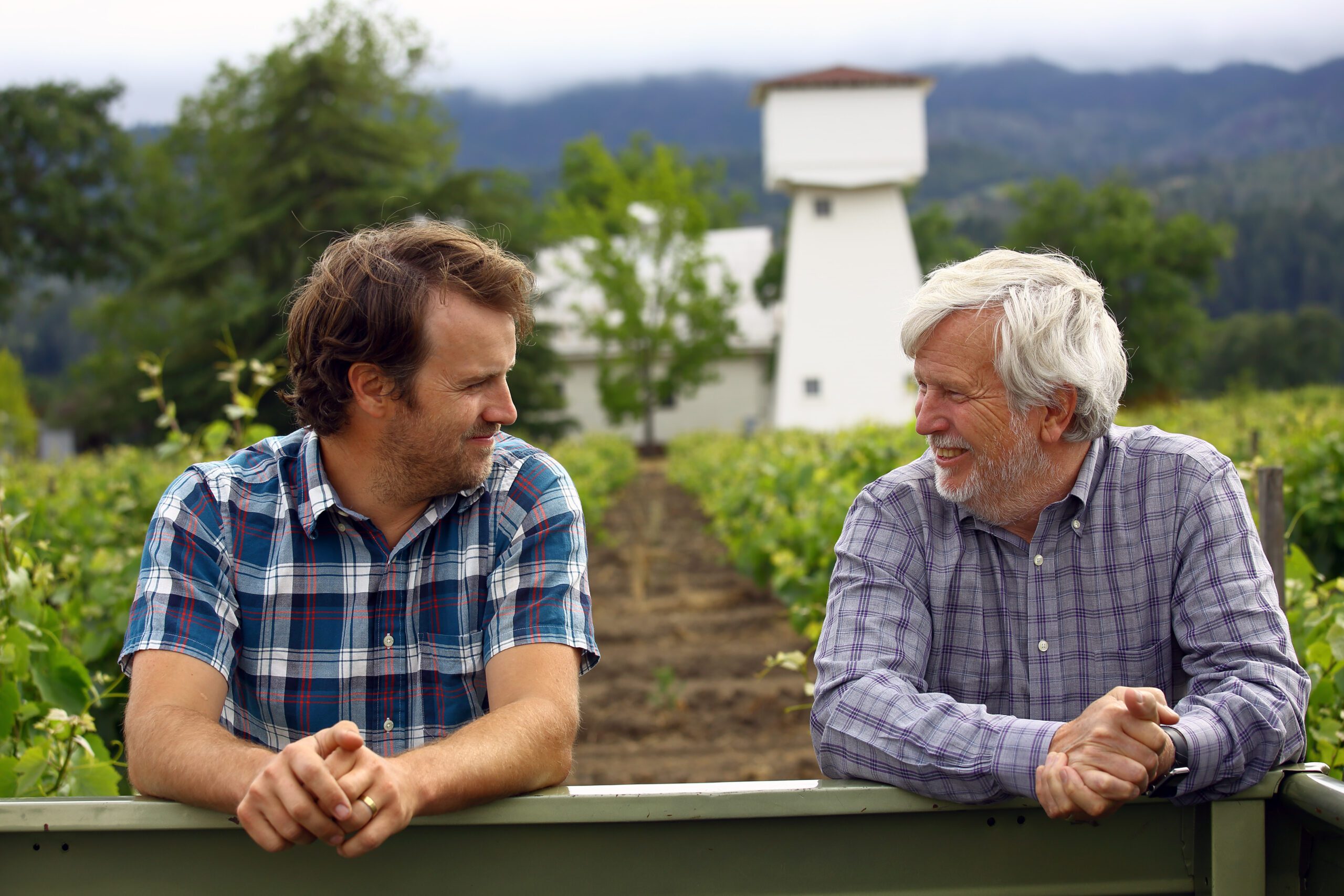
In 2010, Rory returned to Napa for harvest internships at Frog’s Leap and Long Meadow Ranch, which catalyzed the inception of Calder Wine Company. Through Calder, Rory sought lesser-known vineyards and varieties deeply connected to California’s winemaking heritage, laying the groundwork for his future endeavors at Frog’s Leap.
Joining Frog’s Leap formally in 2012, Rory began as Vineyard Coordinator under the mentorship of Frank Leeds, Frog’s Leap’s vineyardist. His role expanded over the years, encompassing aspects of viticulture, winemaking, and sustainability. Rory’s dedication to detail and his innovative spirit have led to numerous advancements at Frog’s Leap, from refining the barrel program to championing the importance of wines that embrace cultural terroir.
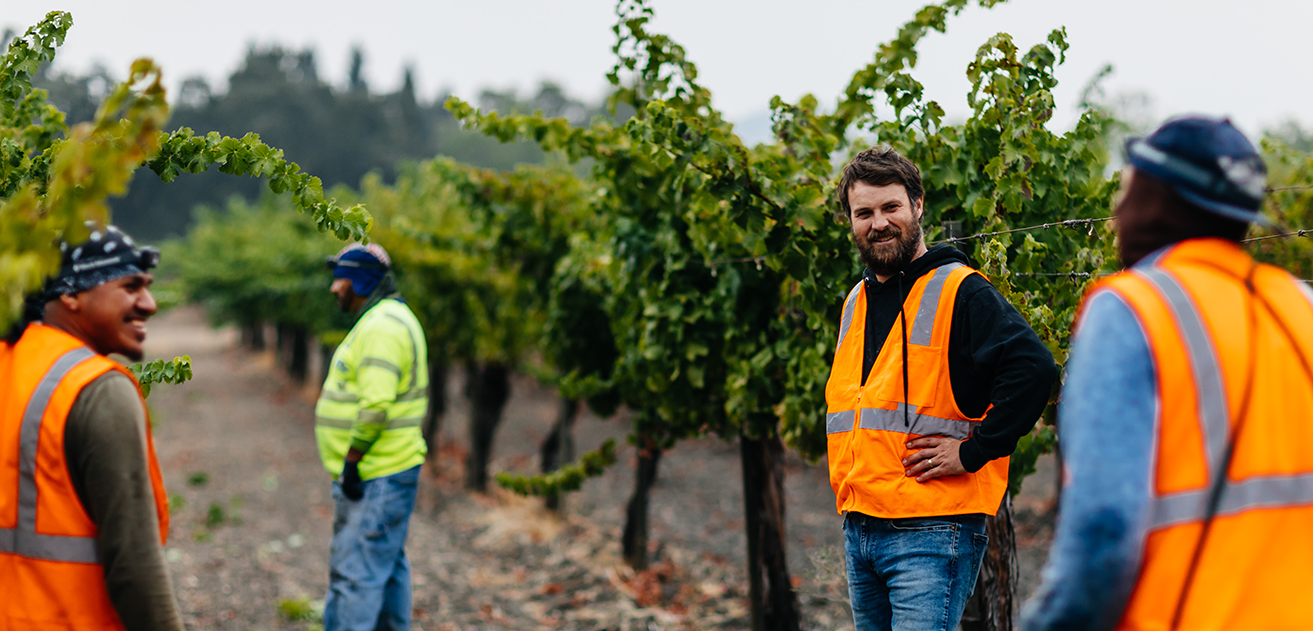
In 2021, Rory was appointed Vice President of Winemaking and Viticulture at Frog’s Leap. With a direct hand in all aspects of production, he strives to tailor wines on a block-by-block basis, building health and diversity into the Frog’s Leap farming system to allow the vines their full expression, and to help them adapt to the challenges of climate change.
